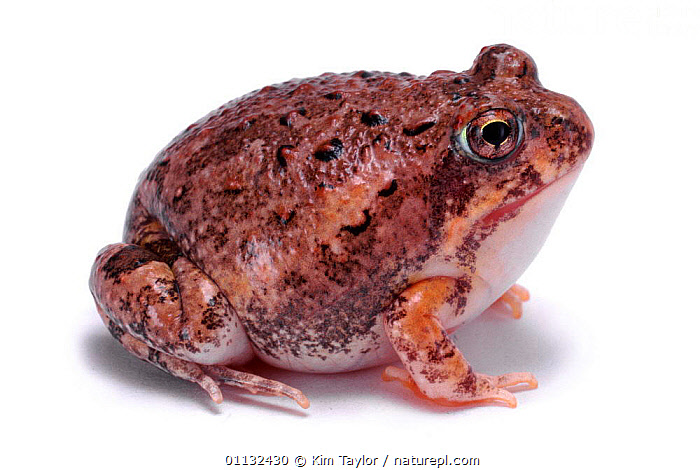Rain Frog for Sale: Unlock the Appeal of Nature with Your Own Amphibian Buddy!
Rain Frog for Sale: Unlock the Appeal of Nature with Your Own Amphibian Buddy!
Blog Article
Common Health And Wellness Issues in Reptiles: Signs And Symptoms and Solutions
In the complex world of reptile care, recognizing the usual health and wellness problems that might impact these distinct creatures is vital in ensuring their wellness. From respiratory infections that can calmly take hold to metabolic bone diseases that can debilitate, reptiles are prone to a variety of disorders that require eager observation and prompt intervention. Whether it's facing parasitical invasions, navigating dehydration problems, or dealing with skin disorders that show up in subtle ways, being attuned to the signs and symptoms and geared up with the understanding of reliable services is vital for any reptile owner. By delving even more into the subtleties of these health and wellness problems and exploring the functional remedies readily available, one can secure the health and vigor of these fascinating pets.
Respiratory Infections
Breathing infections in reptiles can dramatically influence their general health and require timely attention from experienced veterinarians. In reptiles, respiratory infections can be especially challenging to identify and deal with due to their unique composition and physiology.
Treatment for respiratory system infections in reptiles generally involves a mix of helpful care, such as preserving appropriate humidity degrees and temperature gradients in the room, along with targeted medication to attend to the specific pathogen in charge of the infection. It is important for reptile proprietors to monitor their pets very closely for any kind of indications of respiratory distress and seek veterinary treatment at the earliest sign of a problem. With timely treatment and appropriate treatment, many reptiles can recover completely from respiratory system infections and return to typical activities.

Metabolic Bone Disease
What aspects add to the development of Metabolic Bone Condition in reptiles?
Metabolic Bone Disease (MBD) in reptiles is largely brought on by an absence of appropriate calcium, phosphorus, and vitamin D3 degrees in their diet regimen. When reptiles do not obtain adequate calcium, either via their food or appropriate UVB direct exposure for vitamin D3 synthesis, they go to a high risk of creating MBD. Reptiles with diet plans reduced in calcium or imbalanced calcium to phosphorus proportions are particularly at risk. Furthermore, insufficient exposure to UVB light protects against reptiles from synthesizing vitamin D3, which is important for calcium absorption and bone health.
Not enough humidity degrees can likewise impact a reptile's capability to metabolize calcium properly. Normal veterinary examinations, proper husbandry practices, and a well balanced diet are vital to protect against Metabolic Bone Illness in reptiles.
Parasitic Infestations
Parasitic invasions position a considerable health danger to reptiles, influencing their total health and requiring timely vet attention. Reptiles can be impacted by different parasites, consisting of mites, ticks, internal worms, and protozoa. These bloodsuckers can trigger a series of signs, such as weight-loss, sleepiness, skin irritability, looseness of the bowels, and also fatality if left unattended.
One typical bloodsucker found in reptiles is the mite, which can create skin anxiety, anemia, and irritation. Ticks are one more outside parasite that can send diseases and cause pain to the reptile. Inner parasites like worms and protozoa can result in digestive concerns, poor nutrition, and damage the reptile's immune system.
To diagnose a parasitical problem, a vet might carry out fecal examinations, skin scrapings, or blood examinations. Treatment usually includes deworming medicines, antiparasitic baths, or in severe instances, hospitalization. Preventative go to the website procedures such as regular veterinary examinations, correct hygiene, and quarantine treatments for new reptiles can aid lessen the danger of parasitic invasions and make certain the wellness of reptile animals.
Dehydration and Hydration Issues
Dehydration in reptiles can considerably influence their health and wellness and well-being, necessitating timely treatment and appropriate hydration administration. Reptiles are susceptible to dehydration due to different aspects such as poor water intake, high ecological temperature levels, and particular health problems. Signs of dehydration in reptiles include sunken eyes, lethargy, loss of skin elasticity, and minimized peeing. If left untreated, dehydration can lead to serious wellness problems and even be deadly to the reptile.
To stop dehydration, reptile proprietors ought to guarantee that their pet dogs have accessibility to tidy water at all times. The water dish ought to be huge enough for the reptile to soak in if required, particularly for varieties that soak up water via their skin. In addition, maintaining correct moisture degrees in the reptile's room and offering routine bathrooms can assist protect against dehydration.
In instances of dehydration, it is crucial to look for veterinary treatment immediately. A vet may carry out liquids either by mouth or with injections to rehydrate the reptile. It is important to address the underlying source of dehydration to protect against reoccurrence and make sure the reptile's total well-being.
Skin Ailments

Conclusion

Respiratory system infections in reptiles can significantly influence their general health and wellness and call for punctual focus from skilled veterinarians (rain frog for sale). Preventative procedures such as routine click now vet exams, proper hygiene, and quarantine treatments for new reptiles can assist minimize the risk of parasitical infestations and make certain the well-being of reptile pets
If left untreated, dehydration can lead to severe health and wellness issues and also be fatal to the reptile.
Routinely checking your reptile for any kind of modifications in skin structure, appearance, or shade can help look at this web-site in very early discovery and therapy of skin conditions, promoting the overall wellness and wellness of your scaly buddy. - rain frog for sale
In conclusion, reptiles are susceptible to various health and wellness issues such as breathing infections, metabolic bone disease, parasitic invasions, dehydration, and skin conditions.
Report this page